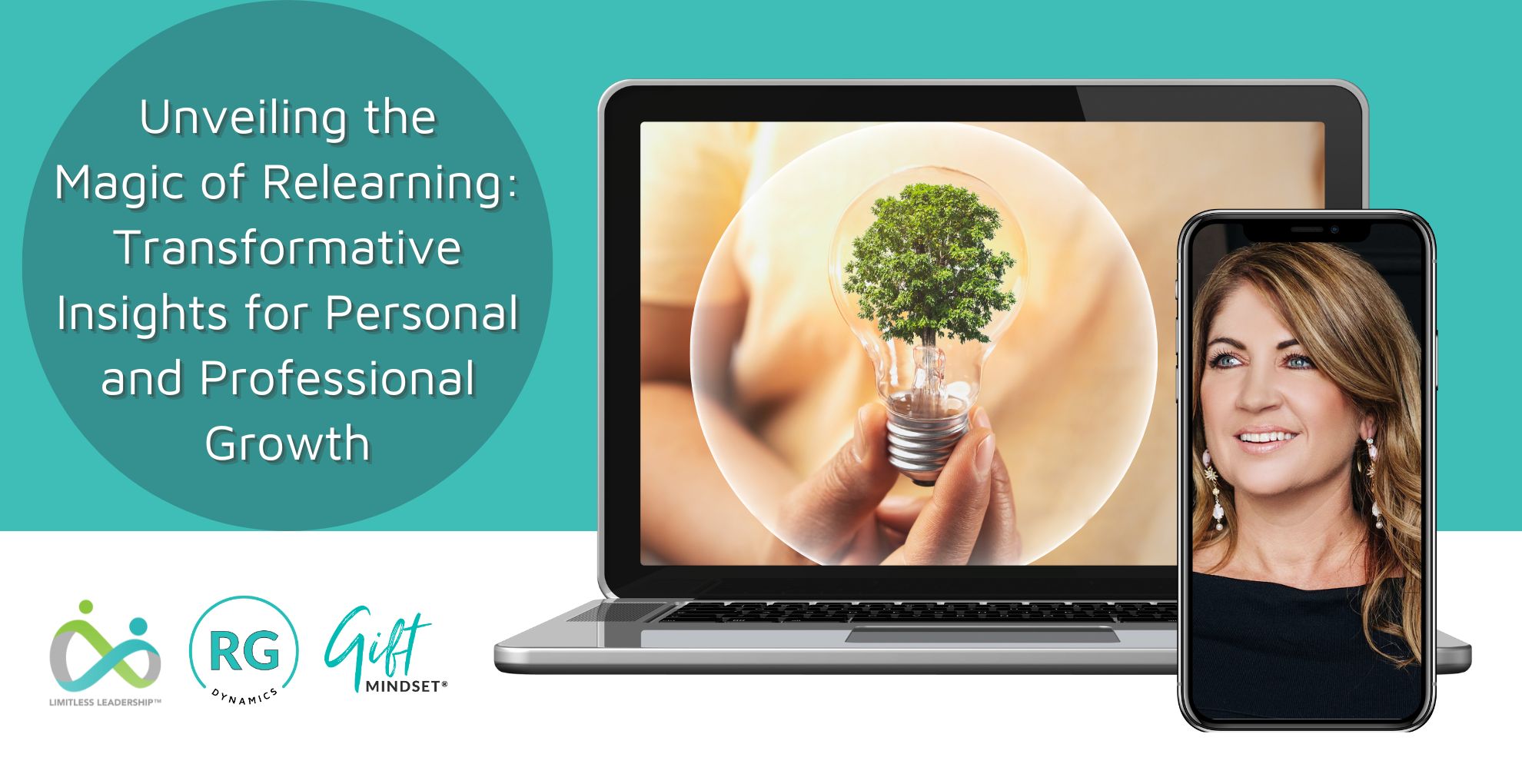It has been called by many names. The Great Resignation is sparking a very different response depending on how you look at it.
The actual term comes from the World Economic Forum who are saying that 41% of employees plan to leave their job this year. In the US and Europe, this is already in play. Innovation expert at Gartner, Aaron McEwan, suggests that we have about six months to prepare for the mass movement. Many say Australia has a delayed response, expected to impact March 2022.
In October this year (2021) data from LinkedIn has shown a 26% jump in workers changing employers in comparison to the same time last year.
There are many factors contributing to the great resignation, including:
- No pay rises
- Lack of career opportunities
- Lack of appreciation and recognition
- Post pandemic values misalignment
- Poor company culture
- Lack of work-life balance
- Overseas work opportunities (Employment Hero research says 2 in 5 people would consider taking a job overseas)
The Great Rejuvenation?
I believe the great resignation is a gift, as challenging and complex as it is going to be in organisations and in industries; I think it should be called the great rejuvenation. I believe many of the contributing factors have been underlying, and many people have experienced some sort of awakening during and post-pandemic.
When we are challenged, and let’s face it, the pandemic has been the war of our lifetime; it’s natural and healthy to question things such as your purpose, values, career path, priorities, life balance and ultimately your life. I believe many people have “hung in there” during the lockdowns and are now emerging with a stronger conviction of what they want.
It was only last week I had a senior sales manager say that he now wants to work in a company with a bigger purpose than just profit. Another client said she no longer feels aligned with the values of a company she has worked for, for over 13 years.
None of this is new, things are just rising to the surface, and I believe we all need to look at and address the factors that we can control as leaders, organisations, or business owners.
One of these factors is creating a workplace culture of gratitude
Recognition, praise, gratitude, whatever you want to call it, is free and so underestimated.
Lack of appreciation & recognition is common; many organisations are performance-based and may look at gratitude and self-reflective time as indulgent, or they may practice what we call “grey gratitude” where there is recognition, but it is not regular, intentional, or specific.
The practise of gratitude is vital in all areas of life. It can take place as a feeling, a mindset, or an action.
Cultural norms
The collective workplace culture can drive whether the organisation is one that shares and shows gratitude. Not all companies embrace gratitude, and many are transaction and performance-focused. Many people feel awkward showing gratitude and see it as a sign of weakness. Others believe it is time-consuming or fear that they might not receive gratitude in return.
In our home lives, different backgrounds, experiences, and ethnicity can play a massive role in the priority level that gratitude is given. The good news is you have the choice in and out of work to make gratitude part of your life in a way that works for you.
Gratitude at work
If you are a leader who wants to encourage your employees to go beyond the contractual obligation of their roles, expressing gratitude should be part of your leadership. Gratefully acknowledging the thoughts and efforts of your people shows them that they matter, which can also build a strong culture around gratitude.
In any workplace role, we should practise gratitude – this is the best way to ingrain it in your organisational culture. Research led by Lea Waters at the University of Melbourne found a positive relationship between expressing gratitude and increased productivity and job satisfaction. Gratitude can lower stress and reduce absenteeism.
Finding out how your people like to express and receive gratitude works best.
Expressing gratitude to others could be in the form of a thank you note, a phone call, an email, a passing comment, deeply listening to someone or even taking someone out for a coffee or lunch or Watch Netflix. In a study, the Happiness Project found that when thank you letters were sent in the post, the ‘happiness level’ went from 2% to 4%. When people were phoned directly, this increased by 4% to 19%.
Here are a few ideas for expressing gratitude in the workplace:
- During team meetings, share what each of you has learnt and enjoyed from working with each other
- Who and what are you grateful for?
- Send surprise emails to others expressing appreciation
- Adopt the 3:1 ratio- for every negative share, three positives
- Create a forum to share internal updates and encourage people to share.
Finding out how your people like to express and receive gratitude works best.
It is important to think of subtle ways of sharing gratitude every day within the workplace. Ideally, there will be structured forums to share as well as spontaneous recognition and ways to show appreciation. Be mindful not to do ‘gratitude’ in overdrive – this can seem false and dilute the effects of authentically being grateful.
Lack of recognition is only one of the key factors contributing to this “next normal”, but it is one I know we can address and foster as part of a connected and collaborative workplace culture.
What can you do to foster a workplace or gratitude and make people feel truly appreciated?
 Find out where you sit on the Leadership Ladder. Your responses are anonymous, and the results summarised to help us better understand where our market sits so that we can continue to provide insights, tools and solutions to assist you in moving up to be LIMITLESS, co-creative and stand out.
Find out where you sit on the Leadership Ladder. Your responses are anonymous, and the results summarised to help us better understand where our market sits so that we can continue to provide insights, tools and solutions to assist you in moving up to be LIMITLESS, co-creative and stand out.
Renée is a mentor, coach, expert facilitator and keynote speaker; She is the author of ‘Gift Mindset®’, ‘Limitless Leadership’, and co-author of ‘Leaders of Influence’.
PS: Want to skyrocket your success from working anywhere? We’ve launched our online program, and you can read more about that here.
Have you received your copy of Renée’s latest book, Gift Mindset®? It is available on Amazon, Booktopia and in all good book stores.
If this article resonates with you somehow, I’d love to hear your thoughts – get in touch.
Being in service to my clients is why I do what I do, and your feedback, insight, and suggestions are always embraced.
Follow Renée on Facebook, Instagram, IGTV or Twitter, or subscribe to her blog or new podcast here.





